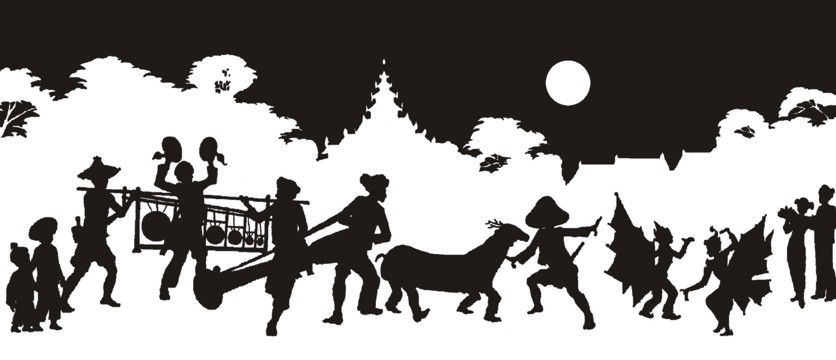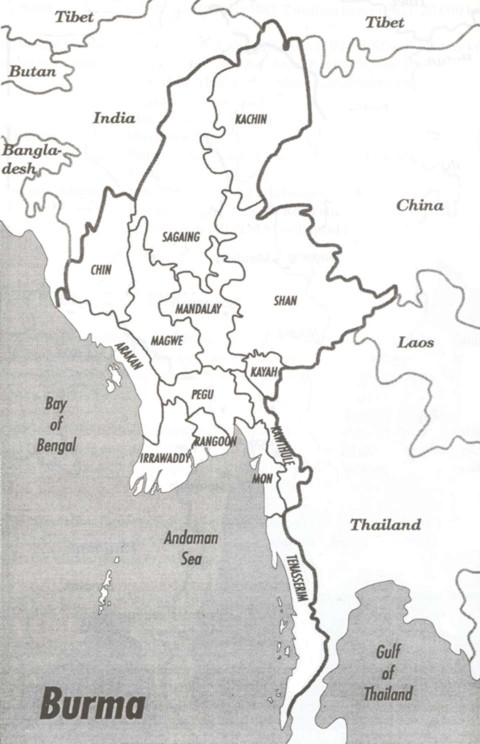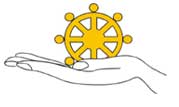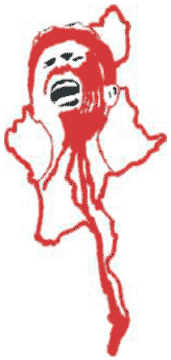| Matthew 5:9 reads: "Blessed are the peacemakers, for they shall be called children of God." What does this mean for us today? The word peace is never only a negative state; it never means only the absence of trouble; it means everything that makes for a person's highest good. We wish, want, and work for the presence of good things for all people. In this beatitude it must be noted that the blessing is on the peacemakers, not necessarily on the peace lovers. There is a distinction between the two. We may, for instance, allow a threatening and dangerous situation to develop and take the stance that to "keep the peace" we will not take any action. The peace which the Bible calls blessed does not come from the evasion of issues, but from facing them, dealing with them, and conquering them. This beatitude demands not the passive acceptance of things because of the trouble of doing anything about them, but the active facing things and the making of peace, even when the way to peace is struggle |
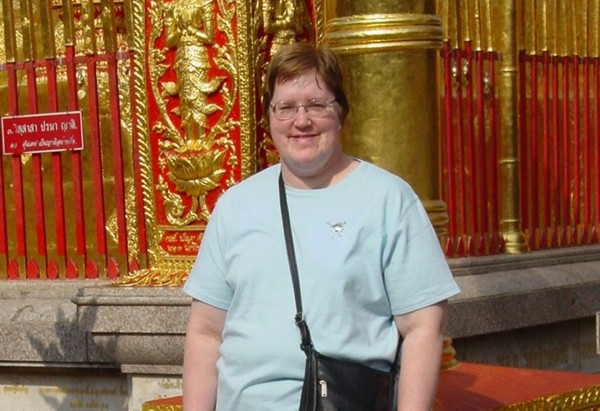 |
||||||||
| Most of you know that within the last ten days I have returned from a trip to Thailand to work on the Thai-Burmese border with refugees from several ethnic groups. Each ethnic group had their own compelling stories stemming from the civil war in Burma that has been going on now for more than fifty years. One particular group, the Shan Women's Action Network (SWAN), captured my attention and my heart. This is due to the role they have played in speaking out against the use of rape as a tactic by the Burmese army to force cooperation and to tear down social structure |
|||||||||
|
|||||||||
|
Let me give you some background about these people called the Shan. The Shan State is one section in the eastern part of Burma, and at one time it was an independent state. It borders Thailand, China, and Laos. The people of the Shan State, like other areas of Burma, suffer from abuse inflicted by the Burmese military regime. According to Amnesty International and Human Rights Watch Asia, this regime is one of the worst in the world. The abuse inflicted on the Shan people by the military has forced many people to flee for their lives to Thailand. The Thai government, however, does not recognize the Shan people as refugees and, unlike other ethnic groups, such as the Karen and the Karenni, has not allowed them to set up refugee camps along the Thai-Burmese border. Consequently, the Shan are forced to enter Thailand illegally, which leaves them extremely vulnerable to exploitation and abuse. Despite this, Shan people are still coming to take refuge in Thailand. The estimated number of Shan working illegally in Thailand is at least 300,000. That is more than two and a half times the population of Flint. |
|
||||||||
|
Huddled together, the group reminds one of the faceless chorus of a Greek tragedy, the ones who are always in the back, in the shadows, emerging only to sing plaintive, sad, and forlorn songs before they slip back into dark anonymity. |
|||||||||
|
Can anyone stage manage this sort of thing? |
 |
||||||||
|
Although License to Rape only documents incidents of sexual violence committed by the regime's military in Shan State, such sexual violence has been happening in all of Burma's ethnic areas and is continuing today. The systematic use of sexual violence by the regime is clearly an integral part of its strategy to divide and conquer Burma's people. SWAN believes that as long as the regime remains in power, the security of girls and women will remain at risk.
The first letters of these objectives spell the word POWER. By following these objectives, we can do much to be peace-makers and to work for the presence of all good things for all people. |
|||||||||
